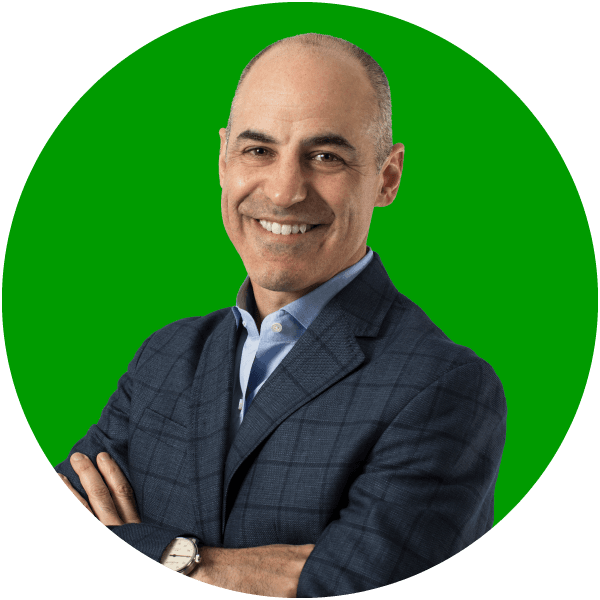Changing the World, One Step at a Time with Allbirds
Featuring Joey Zwillinger
Co-founder and Co-CEO at Allbirds
In this Gladly podcast episode, Allbirds CEO Joey Zwillinger divulges the values that drive the decision-making for the sustainable, eco-conscious brand, as well as the investments the brand makes to ensure their customers have the best experience, no matter which medium they use to meet the brand.
What does it mean to be more like a tree than a business? According to Allbirds CEO, Joey Zwillinger, it’s all about giving back more to the environment than you take from it. Learn how Allbirds delivers on this in their product and brand philosophy.

"To make better things in a better way. That sums up what we do as a company. We try and aspire, first of all, to be more like a tree than a company, giving back more than we extract. Secondly, we want to do that by making great products."
Joey Zwillinger
Co-founder and Co-CEO, Allbirds

About the host
With a proven track record of building companies that don’t settle for the status quo, Gladly CEO and co-founder Joseph Ansanelli is reinventing customer service to put people back at the heart of it. Joseph is also a Partner at Greylock, focused on investing in enterprise applications.
Recommended for you

How JOANN Creates a “Happy Place” for Service Teams and Customers
Gladly interviews craft retailer JOANN on how they reimagined their customer experience to provide a “creative happy place” for curious makers.

How Ulta Transforms the Beauty Industry with a Guest-Centric Approach
Hear how Ulta Beauty weathers retail closures through the pandemic, continues to remain customer-focused during an accelerated shift to digital, and more.

Porsche: Legendary Customer Experience Matches a Legendary Vehicle
Learn all about Gladly, the people-centered customer service platform for B2C brands to scale personalized customer service.
